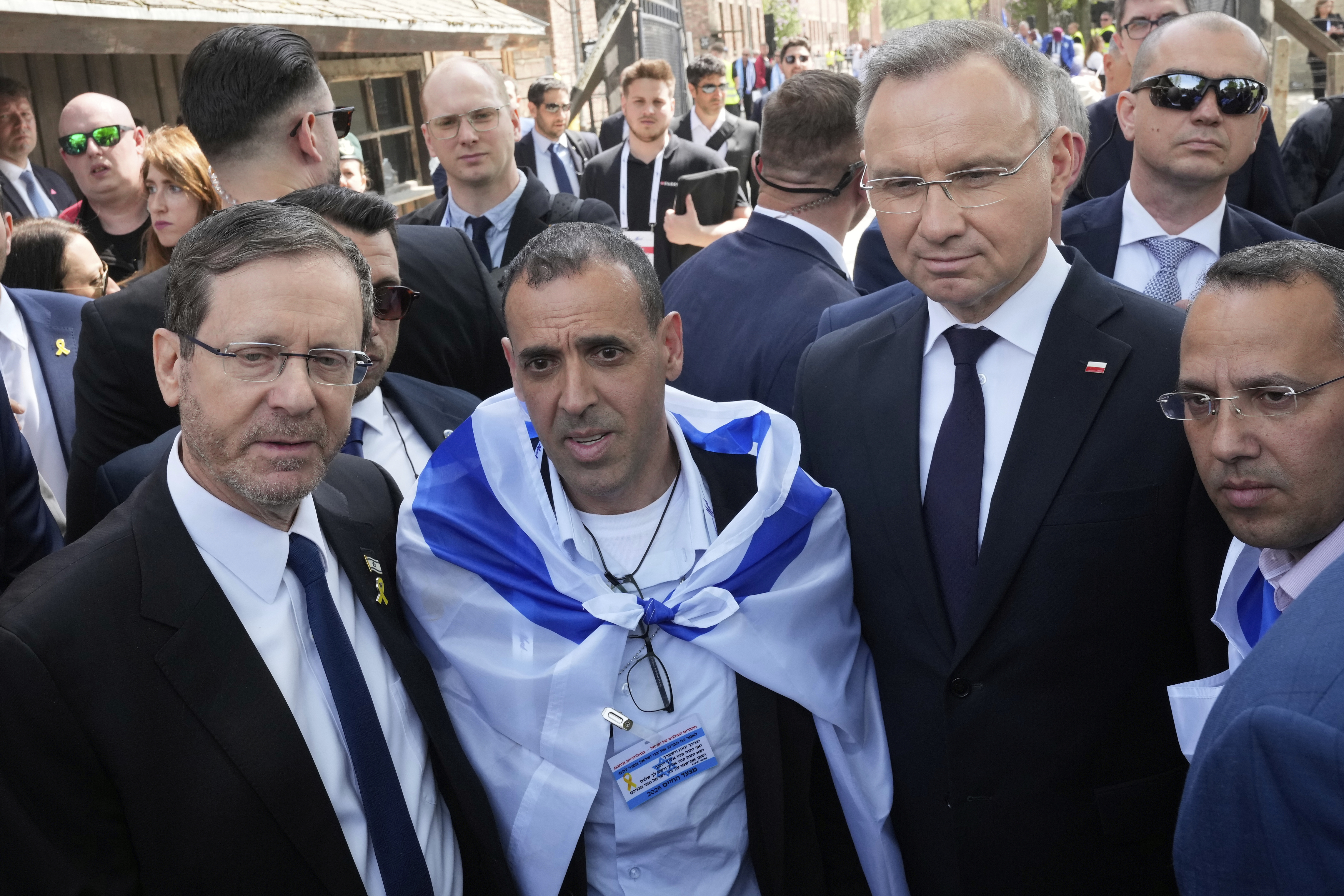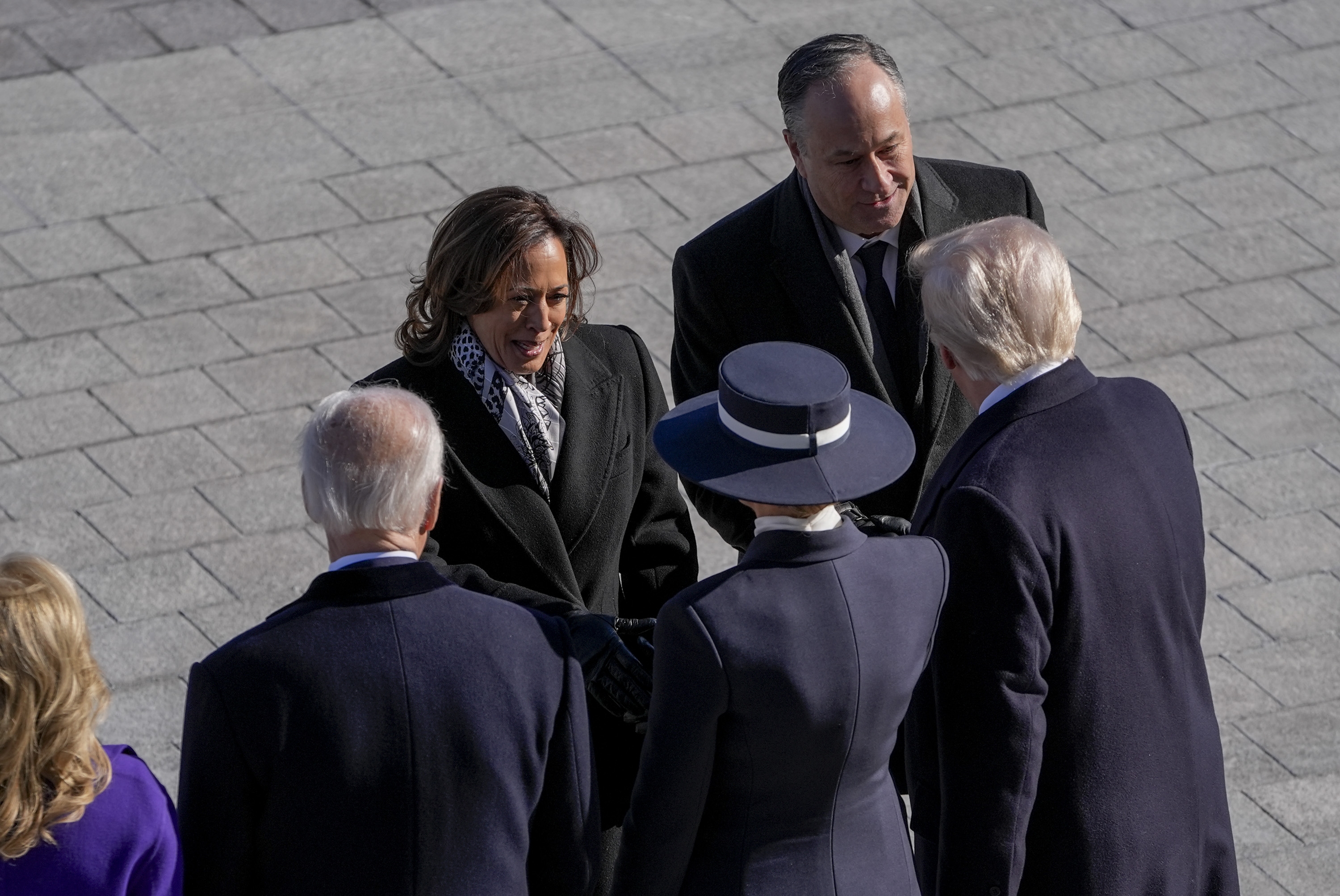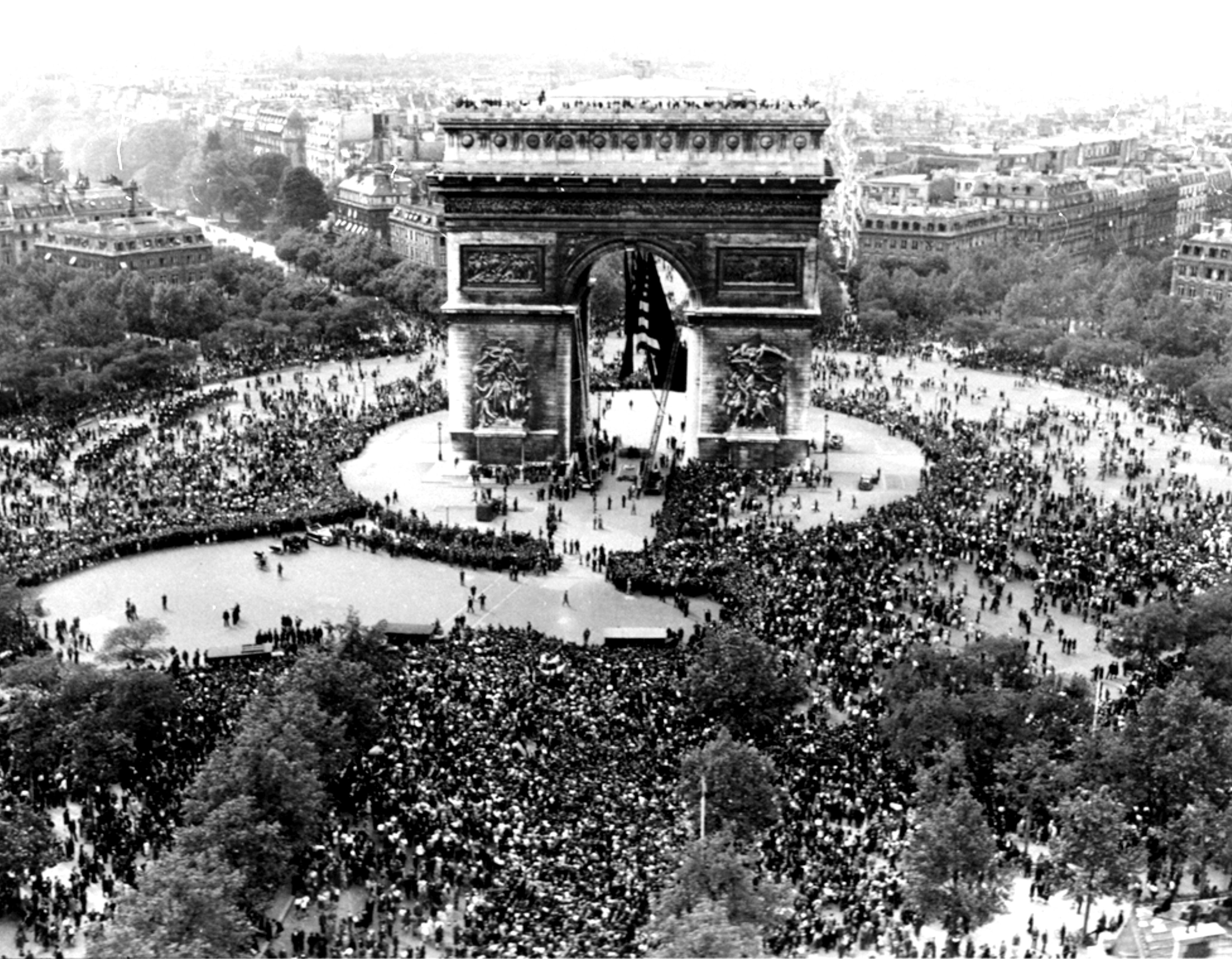Presidents Lead Auschwitz March: Why It Matters Now
Auschwitz Echoes: Presidents Lead March of the Living
Introduction: A Powerful Symbol of Remembrance
Imagine walking the same path as millions of souls who were unjustly persecuted. It’s a chilling thought, isn’t it? This year, the annual March of the Living at the Auschwitz-Birkenau Memorial and Museum in Poland took on an even greater significance as the Polish and Israeli presidents joined thousands of participants, predominantly Israeli youth, to remember the victims of the Holocaust. Their presence amplified the event’s already profound message of remembrance, education, and resilience. But what makes this march so impactful, and why is it vital to keep this history alive?
March of the Living: A Journey Through History
What is the March of the Living?
The March of the Living is an annual educational program that brings participants from around the world to Poland to explore the remnants of the Holocaust and then travel to Israel to celebrate the rebirth of the Jewish people. It's a powerful and emotional experience that aims to ensure that the lessons of the Holocaust are never forgotten.
When did it start?
The March of the Living was first held in 1988, commemorating the 50th anniversary of Kristallnacht, the "Night of Broken Glass," a violent pogrom against Jews throughout Nazi Germany.
Why is it held in Poland?
Poland was chosen as the location for the march because it was the site of many of the Nazi's most notorious concentration and extermination camps, including Auschwitz-Birkenau, Majdanek, and Treblinka.
Presidents Unite: A Show of Solidarity
A Bilateral Display of Respect
The participation of the Polish and Israeli presidents in the march underscores the importance of Poland-Israel relations and their shared commitment to preserving the memory of the Holocaust. Their presence sent a clear message: We remember, and we will not let history repeat itself.
Symbolism in Leadership
Having the leaders of both Poland and Israel walking side-by-side highlights the responsibility of future generations to combat antisemitism and all forms of prejudice.
The Presence of Holocaust Survivors
Bearing Witness: The Power of Testimony
Can you imagine the weight of history carried by Holocaust survivors? Their participation in the March of the Living is particularly poignant. These living witnesses offer invaluable testimony, sharing their stories of unimaginable suffering and resilience. Their presence serves as a stark reminder of the human cost of hate and intolerance.
Ensuring Their Stories Live On
As the number of survivors dwindles, initiatives like the March of the Living become increasingly crucial to preserving their memories for future generations.
Former Hostages Join the March
A Stark Reminder of Present-Day Struggles
This year’s march took on added resonance with the inclusion of former Israeli hostages who were captured by Hamas. Their presence underscores the ongoing challenges faced by Israelis and the need for continued vigilance against terrorism and antisemitism.
Connecting Past and Present
The inclusion of former hostages created a powerful link between the horrors of the Holocaust and the contemporary threats facing the Jewish people. It emphasized the importance of standing strong against all forms of hatred and violence.
Israeli Youth: Guardians of Remembrance
Passing the Torch of Memory
The majority of participants in the March of the Living are young Israelis. Why is this so important? Because they represent the future. They are the ones who will carry the torch of remembrance and ensure that the lessons of the Holocaust are never forgotten.
Instilling a Sense of Identity and Purpose
For many young Israelis, the March of the Living is a transformative experience. It strengthens their connection to their heritage, reinforces their national identity, and inspires them to become advocates for tolerance and understanding.
Education: The Cornerstone of Prevention
Holocaust Education: A Moral Imperative
The March of the Living is not just a memorial event; it’s an educational program. Participants learn about the history of the Holocaust, visit sites of Nazi atrocities, and engage in discussions about the dangers of prejudice and discrimination.
Combating Antisemitism and Intolerance
By educating future generations about the Holocaust, we can equip them with the knowledge and understanding they need to combat antisemitism, racism, and all forms of intolerance. Think of it as inoculating against hatred.
The Significance of the Israeli Flag
A Symbol of Hope and Resilience
Seeing young Israelis draped in their national flag during the March of the Living is a powerful sight. The flag represents the modern State of Israel, a haven for Jews after the Holocaust. It is a symbol of hope, resilience, and the determination to build a better future.
Claiming a Right to Exist
The Israeli flag serves as a visual statement of the Jewish people’s right to self-determination and their commitment to never again be defenseless in the face of persecution.
A Haven for Jews: The Creation of Israel
Learning from the Past
The Holocaust underscored the need for a safe haven for Jews, a place where they could live in peace and security. The creation of the State of Israel in 1948 was a direct response to this need. It provided a refuge for Holocaust survivors and a homeland for Jews from around the world.
Never Again: The Promise of Israel
The existence of Israel serves as a constant reminder that the Jewish people will never again be without a voice or a defense against those who seek to harm them.
The Impact of Social Media
Amplifying the Message
In today’s digital age, social media plays a crucial role in amplifying the message of the March of the Living. Participants share their experiences online, reaching a wider audience and raising awareness about the Holocaust.
Combating Misinformation and Denial
Social media can also be used to combat Holocaust denial and misinformation. By sharing accurate information and personal stories, we can help to ensure that the truth about the Holocaust is never forgotten.
Challenges and Criticisms
Addressing Concerns
While the March of the Living is widely praised, it has also faced some criticism. Some argue that it focuses too much on Jewish suffering and not enough on the suffering of other groups who were also targeted by the Nazis. Others raise concerns about the cost of the program and whether it is accessible to all who wish to participate.
Promoting Dialogue and Understanding
It's important to acknowledge these concerns and to engage in open dialogue about the complexities of the Holocaust and its legacy. By doing so, we can strengthen the March of the Living and make it even more effective in promoting understanding and preventing future atrocities.
Future of Holocaust Remembrance
Adapting to a Changing World
As the world changes, we must find new and innovative ways to remember the Holocaust. This includes using technology, art, and other forms of expression to connect with younger generations.
Ensuring Relevance for Generations to Come
We must also ensure that Holocaust remembrance remains relevant to contemporary issues, such as racism, discrimination, and genocide prevention. The lessons of the Holocaust can and should be applied to the challenges we face today.
The Role of International Cooperation
Working Together for a Common Goal
Holocaust remembrance is not just the responsibility of Jews or Israelis; it is the responsibility of all humanity. International cooperation is essential to ensure that the lessons of the Holocaust are never forgotten and that similar atrocities are never allowed to happen again.
Supporting Holocaust Education and Research
Governments, organizations, and individuals must work together to support Holocaust education, research, and memorialization efforts around the world.
Personal Reflections: A Call to Action
What Can You Do?
You might be wondering, what can *I* do? The truth is, everyone has a role to play in preserving the memory of the Holocaust and combating antisemitism and intolerance. You can educate yourself about the Holocaust, share your knowledge with others, and speak out against hatred and prejudice wherever you see it. Even small acts of kindness and understanding can make a difference.
Making a Difference, One Step at a Time
Participate in remembrance events, support Holocaust education initiatives, and engage in dialogue with people of different backgrounds. By working together, we can create a world where such atrocities never happen again.
Conclusion: Remembering to Prevent
The participation of the Polish and Israeli presidents in the March of the Living at Auschwitz symbolizes a powerful commitment to remembering the Holocaust and preventing future atrocities. The presence of Holocaust survivors and former hostages adds a poignant layer to the event, connecting the past with the present. As young Israelis carry the torch of remembrance, it is our collective responsibility to learn from history and stand up against all forms of hate and intolerance. Let us never forget the lessons of the Holocaust, and let us work together to build a world where such horrors never happen again.
Frequently Asked Questions
What is the main goal of the March of the Living?
The primary goal is to educate young people about the Holocaust and its lessons to ensure that such atrocities never happen again. It also serves as a way to strengthen Jewish identity and connection to Israel.
Who can participate in the March of the Living?
The March of the Living is primarily aimed at young people, particularly those of Jewish descent, but it is open to people of all backgrounds who are interested in learning about the Holocaust and promoting tolerance.
How can I support Holocaust education efforts?
You can support Holocaust education by donating to relevant organizations, volunteering your time, sharing information about the Holocaust on social media, and engaging in conversations with others about its lessons.
What is the significance of holding the March in Auschwitz?
Auschwitz-Birkenau was the largest and most notorious of the Nazi concentration and extermination camps. Holding the March of the Living there provides a powerful and visceral experience that reinforces the importance of remembering the Holocaust.
What can individuals do to combat antisemitism in their daily lives?
Individuals can combat antisemitism by speaking out against it whenever they encounter it, educating themselves and others about Jewish history and culture, and supporting organizations that fight against hate and discrimination.


